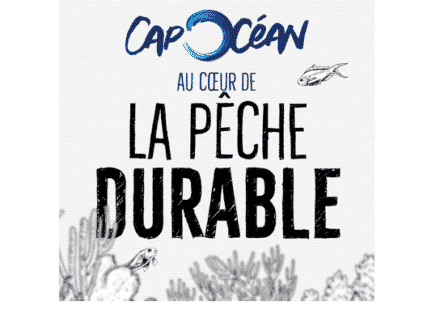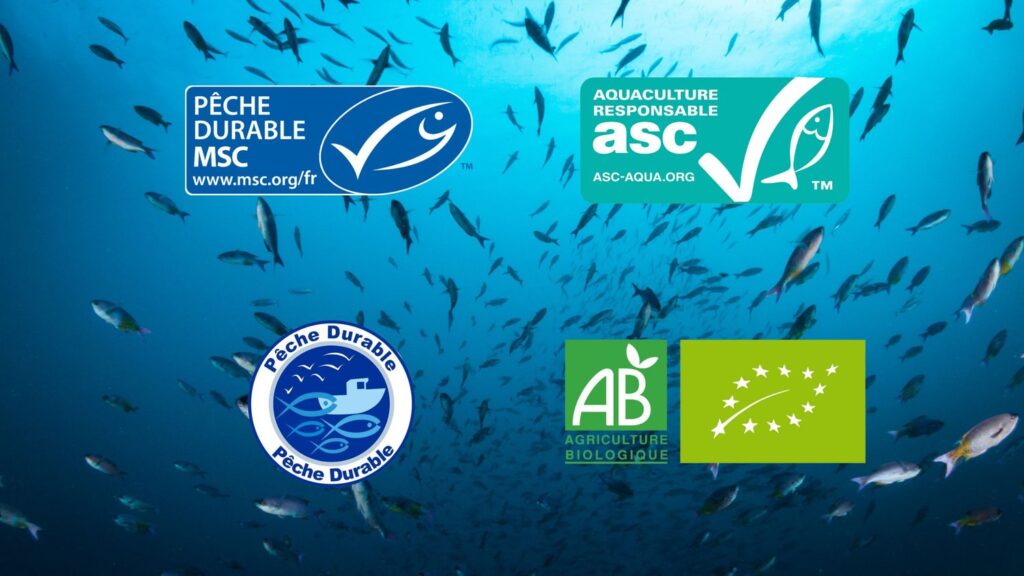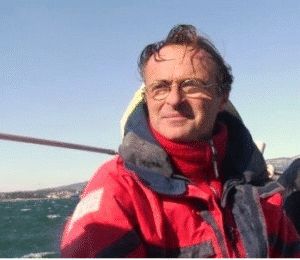In a world where the oceans are suffering the alarming consequences of overfishing and pollution, responsible fishing stands as a crucial solution for the preservation of our marine ecosystems. This sustainable approach is not limited to the simple management of fisheries resources, it also involves a commitment to the protection of marine habitats and biodiversity. By adopting environmentally friendly fishing practices, we have the opportunity to restore fish populations, support coastal communities and secure a healthy future for our seas. Understanding the importance of responsible fishing is essential to mobilizing efforts to safeguard these precious aquatic territories.
Table of Contents
ToggleThe impact of fishing on marine ecosystems

Fishing is one of the oldest human activities, but today it has a significant impact on our marine ecosystems. Overfishing and destructive methods threaten biodiversity, disrupting food chains and degrading essential habitats for many species.
Overfishing is depleting fisheries resources at an alarming rate. When fish populations are overexploited, it becomes difficult for them to reproduce quickly enough to replenish their numbers. This decrease in fish stocks affects not only the targeted species, but also the predators that depend on them for food.
Non-selective fishing techniques, such as bottom trawling, are particularly destructive. They damage the seabed, destroying habitats such as coral reefs and seagrass beds, which support an incredible diversity of marine life. The accidental capture of marine mammals, turtles, and other non-target species – known as bycatch – is another major problem.
Adopt practices of responsible fishing is essential to preserve our oceans. Here are some important measures:
- Use selective fishing techniques to minimize bycatch.
- Establish fishing quotas based on scientific studies to prevent overexploitation.
- Creation of marine reserves to allow fish populations to recover.
- Encourage sustainable aquaculture to reduce pressure on wild stocks.
By supporting responsible fishing practices, we can foster the resilience of marine ecosystems and ensure that the oceans continue to provide vital resources for future generations.
The consequences of overfishing
There responsible fishing plays a crucial role in protecting our oceans. It consists of practices aimed at preserving fishery resources while minimizing the impact on marine ecosystems. Proper management includes respecting fishing quotas, monitoring catching techniques and protecting sensitive areas.
Failure to follow these practices can have dramatic consequences. There overfishing represents a major threat to marine biodiversity. It leads to a dramatic decrease in fish populations, thus disrupting the balance of the ecosystem. For example, the disappearance of large marine predators, such as sharks, has cascading effects on food chains, causing the proliferation of smaller species which can in turn deplete other marine resources.
The consequences of overfishing are not limited to the depletion of fish stocks. They also include:
- The destruction of underwater habitats, such as coral reefs and seagrass beds, through the use of destructive fishing techniques such as bottom trawling.
- Alteration of food chains, disrupting population dynamics and ecological interactions.
- The reduction in the resilience of ecosystems in the face of environmental changes such as global warming.
Adopting responsible fishing practices helps ensure the sustainability of marine resources and the health of ecosystems. By integrating sustainable methods such as selective fishing and promoting breeding seasons, it is possible to preserve fish stocks while ensuring a future for the human communities that depend on them.
Biodiversity and sustainable fishing
There fishing has a significant impact on marine ecosystems. Unsustainable practices lead to resource depletion and degradation of essential marine habitats.
With increasing demand for seafood, pressure on fish populations is increasing. This excess fishing leads to the reduction of stocks of many species, endangering the prosperity of the oceans and their ability to regenerate.
To counter these negative effects, it is essential to adopt practices of sustainable fishing. These methods include:
- The limitation of fishing quotas in order to allow the reconstitution of populations.
- Protection of areas of reproduction to promote the renewal of species.
- The application of selective fishing techniques to minimize bycatch and reduce impacts on ecosystems.
Implementing these practices helps maintain the biodiversity marine, essential to the health of the oceans. Biodiversity not only supports marine food chains, but also the resilience of ecosystems in the face of environmental change.
By opting for products from sustainable fishing, consumers can also play a crucial role. Sustainability labels, such as the MSC (Marine Stewardship Council), help identify responsibly obtained seafood.
Cooperation between fishermen, governments and consumers is essential to ensure the sustainability of marine resources. By adopting responsible practices and supporting sustainability initiatives, it is possible to safeguard the richness and vitality of the oceans for future generations.









